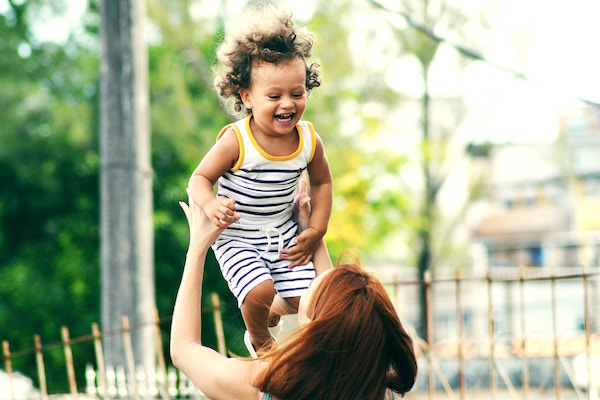Traumatic events affect everybody differently, but when children are involved the impact can be even more complex. All children manage their anxieties and fears in very different ways to adults and all will exhibit different coping mechanisms or behaviors.
While there is no set rule book as to how to support your child after they’ve experienced an accident or traumatic event, there are some ways you can help them return to normality. If you think that your child (or you) could benefit from speaking to a mental health professional, talk to your doctor about getting a referral or recommendation.
- Make them feel that they are safe and secure through verbal reassurance, holding hands or hugs.
- Be calm around them and don’t talk about your own worries or fears as children pick up on anxiety very easily.
- Keep to their usual routine such as bedtime, mealtimes and good behavior standards as much as you can to give them some stability during times of change.
- Encourage them to enjoy themselves with games, playtime and friends to distract them from dwelling unpleasant thoughts.
- It’s important that if your child needs to know the details about what has happened, they learn it from a trusted adult. You may not need to be explicit but be sure to give them the opportunity to ask questions.
- Don’t force them to talk if they’re not ready to, but try to find natural openings for discussions. Here are some tips on talking to kids about trauma.
- Try to limit how much they are exposed to news coverage as seeing traumatic events can reinforce the belief that bad events are happening all the time.
- Remember that all children will cope in their own way and will recover at different speeds.
- Let your child know that feelings of anger or sadness are not wrong, and that expressing emotion is not weakness.
- Listen to them when they do open up and don’t assume how they are feeling. It’s not the time to tell them how they should feel, but to understand how they feel.
- Consider helping them to relax with deep breathing exercises.
- If they tell you they are worried or embarrassed, acknowledge their feelings. For example, rather than dismissing them by saying, “Don’t worry” tell them that you can see they are worried and ask them to talk more about why.
- It’s ok to ask for help when you need it. This could be through asking for a mental health professional to support your child or – if the trauma has been caused by accident due to someone’s negligence – by ensuring you have the money you need by making a claim for compensation with the-compensation-experts.co.uk.
- Realize that your child may continue to ask questions long after the event has passed. Children process information at different rates and different situations may trigger new memories, thoughts or concerns.
- Don’t give them too much responsibility while they are recovering from the event. While it’s good to keep up a routine and certain expectations of behavior, overburdening them could add unnecessary stress and pressure.
- Be alert for signs of trauma. While children may seem to be coping immediately after the event, sometimes this can be denial or numbness, which may wear off over time.
- Look after yourself. If you are sleep-deprived, stressed, eating too little or unhealthily, or neglecting an exercise routine you will become less able to care for your child. Lead by example and take care of your physical and mental health to ensure you’re in the best possible shape for your child during this difficult time.


